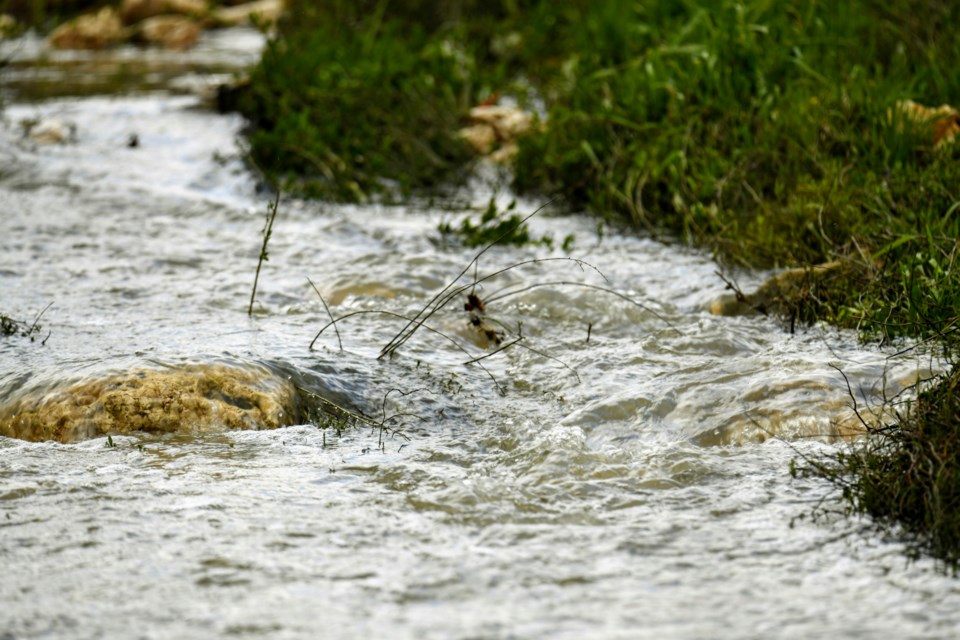THUNDER BAY — The big dump of rain that fell across much of the Thunder Bay district on Tuesday night and into Wednesday morning managed to give area farm fields a good soaking and replenish water tables without causing any notable damage.
"The precipitation received was welcome, and fortunately, there were no reports of riverine flooding," Melissa Hughson, Lakehead Region Conservation Authority's watershed manager, said on Wednesday.
According to Environment Canada, up to 57 millimetres (mm) fell on some parts of Thunder Bay before the storm, which originated in the mid-west U.S., had dissipated.
The city normally receives about 65 mm of rain for the entire month of May.
"Part of the story is the temperatures, which are going to remain below seasonal normals," meteorologist Geoff Coulson noted.
On Friday, Coulson said, the mercury in Thunder Bay is only expected to rise to 11 C, seven degrees below normal for the city at this time of year.
"And on Friday and into Saturday, you could see more rain showers," Coulson added.
Marcelle Paulin, who operates a vegetable farm in Pass Lake, said her rain gauge showed that 37 mm fell over the course of the storm.
Paulin said while the moisture is welcome, spring planting will be delayed for a few days until conditions dry out a bit.
"That was a lot of rain," Paulin said. "Planting has been going well, but we're off the fields for now."
Weather-watching is the bane of a farmer's existence. Though crops need rain, too much at the wrong time can cause soil erosion and loss of fertilizers if they were applied too early.
Still, a little extra rain should help replenish dug wells that have run dry in the wake of this winter's drought-like conditions, Paulin said.
Experts say the ample rainfall should result in better crops this season.
"We have been missing this type of rain in the past few years," said Tarlok Sahota, who oversees Lakehead University's agricultural research station just west of Thunder Bay.
Farmers who have already put their seeds in the ground will be ahead of the game, but even if they haven't the rain "will ensure sufficient soil moisture after seeding and during early plant growth," Sahota said.
The Chronicle Journal / Local Journalism Initiative
